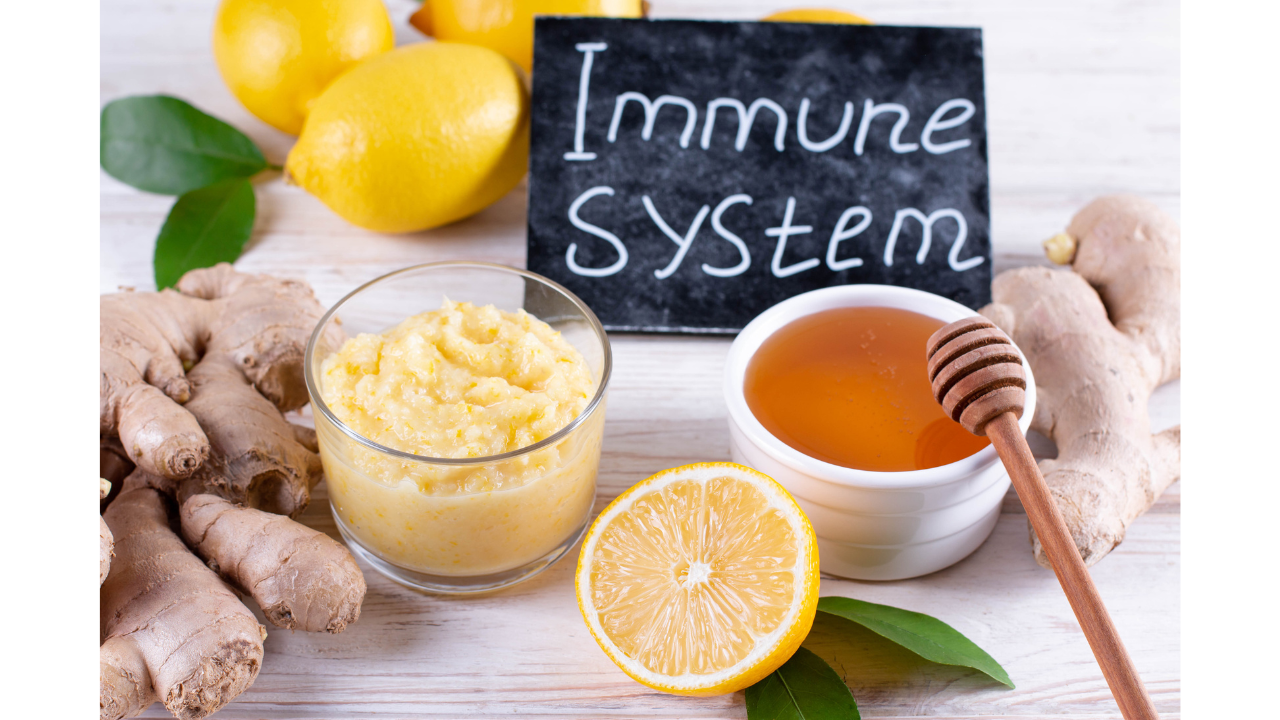The Immune System: Your Body’s Personal Defense Army

I have seen how often patients underestimate the silent yet tireless work of the immune system. It is not a single organ or structure, but rather an intricate network of cells, tissues, and chemical mediators that function with remarkable coordination — much like an elite defense army trained to detect, target, and neutralize threats.
Every day, without our conscious awareness, this army is on constant patrol. It recognizes invading bacteria, viruses, fungi, and parasites, and even keeps watch for abnormal cells that could become cancerous. It remembers past encounters, allowing for faster and stronger responses upon re-exposure to the same threat. This capacity for “immunological memory” is the principle behind vaccinations — arming the body in advance so that the immune response is swift and decisive.
The immune system’s defense begins at the body’s front lines — the skin, mucous membranes, tears, saliva, and stomach acid — acting as physical and chemical barriers. Should a pathogen breach these, specialized white blood cells engage immediately. The innate immune response is rapid but non-specific, like the first wave of troops sent to secure the perimeter. Soon after, the adaptive immune response takes command — highly specific, precise, and capable of long-term protection.
However, like any well-trained army, the immune system requires proper maintenance. Chronic stress, poor diet, sleep deprivation, smoking, and uncontrolled illnesses like diabetes can impair its efficiency. On the other hand, balanced nutrition, adequate hydration, regular physical activity, good sleep hygiene, and up-to-date vaccinations keep it resilient.
In clinical practice, I often see the consequences of an immune system either underperforming or overreacting. A weakened system leaves the patient vulnerable to recurrent or severe infections. Conversely, an overactive system can mistakenly target the body’s own tissues, leading to autoimmune diseases such as rheumatoid arthritis, lupus, or type 1 diabetes. Immune dysregulation is also central to allergic disorders, where harmless substances are treated as dangerous invaders.
It is important to understand that while supplements and herbal remedies are often marketed as “immune boosters,” there is no substitute for evidence-based measures. The immune system is not something to be randomly stimulated; it is a sophisticated command structure that must be balanced, not overdriven.
As physicians, we emphasize prevention because a healthy immune system is not built overnight. It is cultivated over years of healthy living, appropriate vaccinations, and prompt treatment of infections. Respecting and supporting this complex defense system is one of the most important investments we can make in our long-term health.
Our immune system is not only our personal army — it is our lifelong companion. We cannot see it, we cannot hear it, but every day, it silently protects us from countless dangers. The least we can do is keep it well-prepared for the battles ahead.
Let's see how can we support our immune system ?
Quick Tips to Support Your Immune System
• Maintain a Balanced Diet – Focus on fresh fruits, vegetables, whole grains, lean proteins, and healthy fats.
• Stay Hydrated – Adequate water supports cellular function and toxin elimination.
• Prioritize Sleep – 7–8 hours of quality sleep allows the immune system to repair and strengthen.
• Exercise Regularly – Moderate activity improves circulation and immune surveillance.
• Stay Up-to-Date with Vaccinations – Protects against preventable infections.
• Manage Stress – Chronic stress suppresses immune responses; practice relaxation techniques.
• Avoid Smoking and Limit Alcohol – Both can impair immune function and healing.
• Control Chronic Conditions – Keep diabetes, hypertension, and other illnesses well-managed.
• Practice Good Hygiene – Regular handwashing and safe food handling reduce infection risk.
• Seek Prompt Medical Advice – Early treatment prevents complications and preserves immune health.
Physician’s Advice Corner
Do you have questions about the topic ? Kindly share them in the comments below or email us at info@withinthebody.com or message us on WhatsApp at 0092 320 8708835.
If you like the article or our website, kindly share the link with your contacts.
Your health is your responsibility — but you don’t have to manage it alone. The right knowledge, at the right time, can save lives.